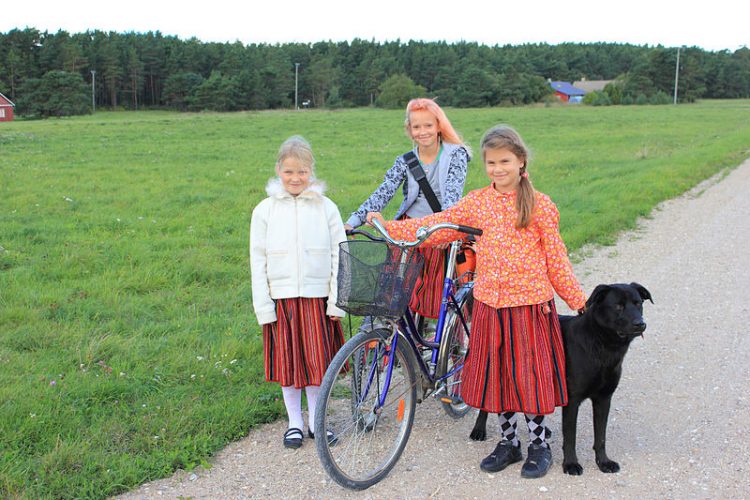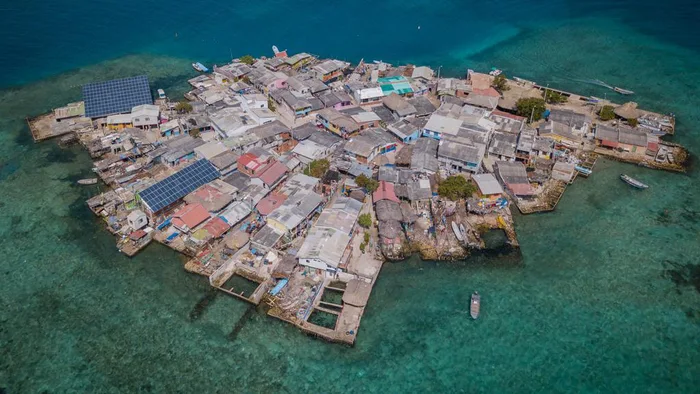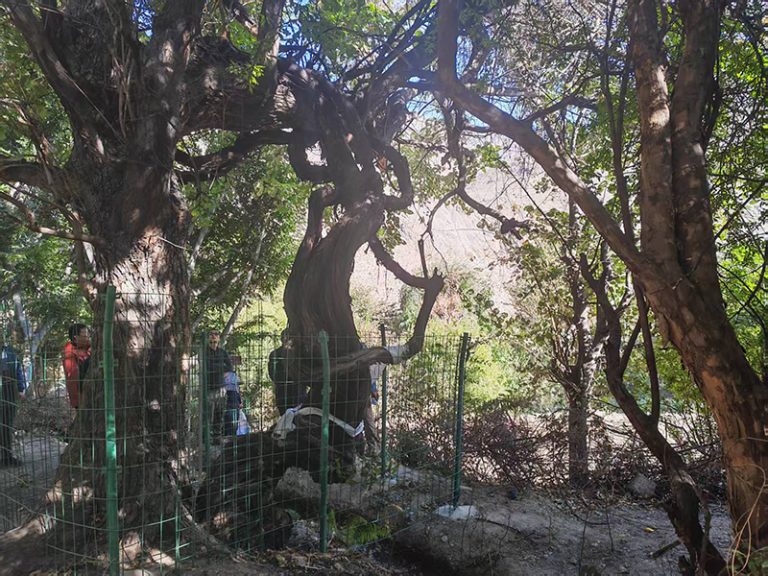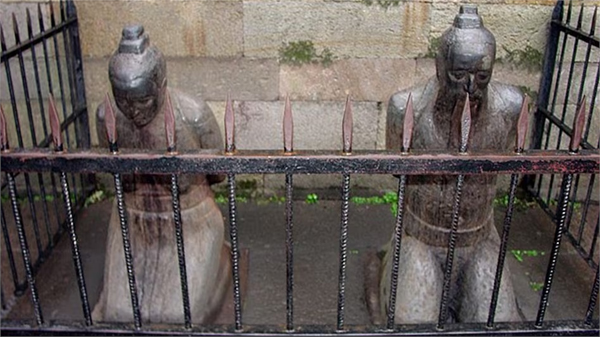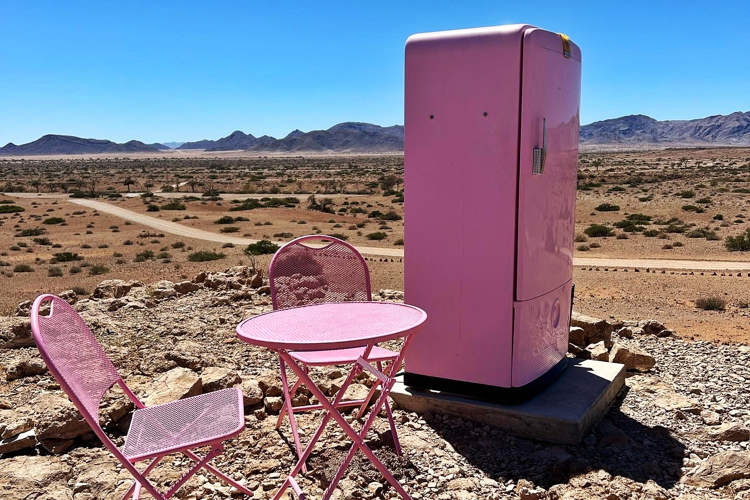There is a piece of Estonian land where men are a very rare sight. The island of Kihnu, located in the Baltic Sea, seven miles off the country’s west coast, is a domain ruled by women. This quaint place of pastoral tranquility and just 400 inhabitants is one of the world’s last matriarchal societies.
It’s not that the women of Kihnu have anything against men; it’s just that they have no choice but hold the social and administrative reins. That’s because the male population is away for months on end, providing for the small community by fishing. This leaves the ladies responsible for running things and they have been doing so for centuries – raising the kids, working in the fields, and handling matters of governance.
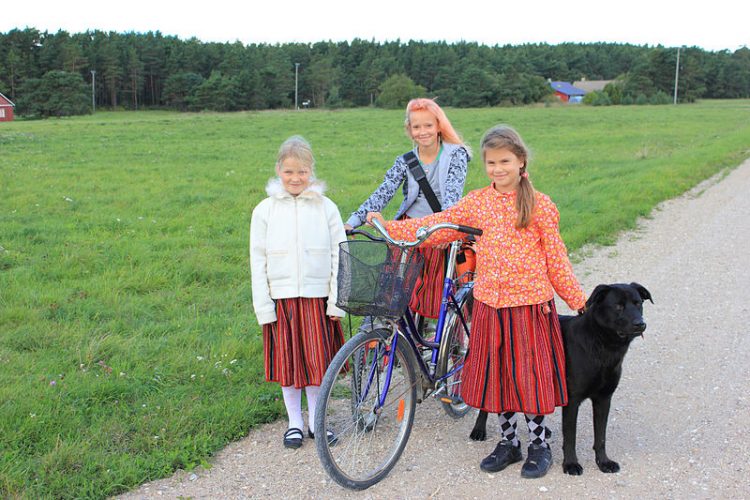
Photo: KalervoK/Wikimedia Commons
The leader of this island community is Mare Matas, who doubles as president of the Kihnu Cultural Space Foundation. As she explains, “Men were always a long time away from the island. And that’s the historical reason why women become very strong, very independent.”
One thing the local ladies are particularly intent on achieving is the preservation of Kihnu’s traditions and heritage.
“Kihnu culture is interesting because we still wear traditional costumes as our everyday wearing. We have ancient folk songs still alive and dances…Kihnu wedding songs and wedding traditions are more than 2,000 years old,” Matas notes.

Photo: Olev Mihkelmaa
But it’s a tough job preserving a legacy when young people leave to pursue higher education or good jobs, often never to return. The island is popular with European tourists in the summer but other than that, there are no attractive opportunities to keep the youngsters from deserting the community.
“I’m concerned every day that our unique culture can disappear. It’s very valuable if those things still exist and survive in the modern world. It’s really a miracle,” says Matas.
The good thing is that officials have not been sitting idly: Kihnu’s culture, more specifically its wedding traditions, have been recognized as a UNESCO Masterpiece of the Oral and Intangible Heritage of Humanity. Additionally, the Kihnu Museum has been renovated and conserves the local history, honors prominent residents, and keeps alive the island’s customs and conventions.
For all its uniqueness and idyllic atmosphere, Kihnu does have its challenges and living there may not be for the faint of heart. According to Matas, it’s a different lifestyle compared to that on the mainland and survival is harder. Still, the locals wouldn’t have it any other way and believe that they inhabit the best place in the world.

